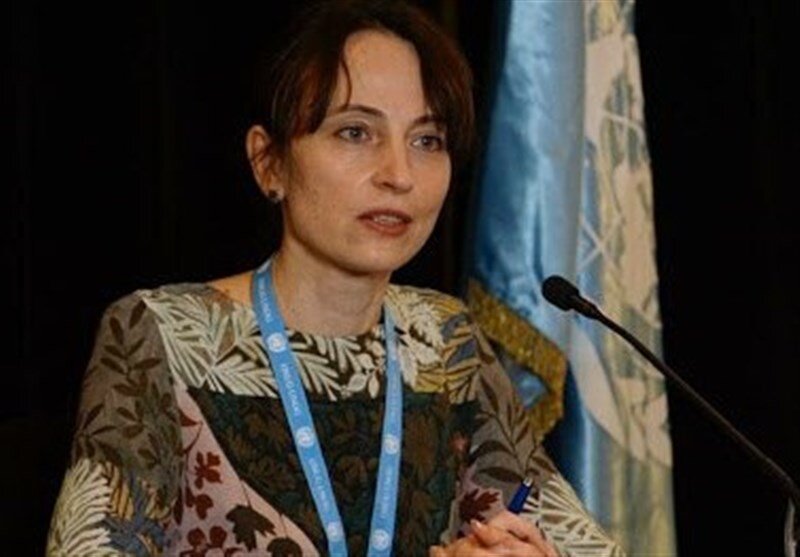UN official probing detrimental effects of sanctions in Iran

TEHRAN- Kazem Gharibabadi, Secretary of the Judiciary's Human Rights Council and Deputy Judiciary Chief for International Affairs, has stated that the mission of the UN Special Rapporteur on Human Rights, Alena Douhan, is simply to investigate the effects of sanctions on Iran and she has no mission to investigate other issues.
Gharibabadi already explained the UN Special Rapporteur's visit to Iran, saying, “The Special Rapporteur's visit is an opportunity to get acquainted with the destructive impacts of sanctions on the Iranian people.”
“Countries under sanctions should use all available capacities to hold accountable the perpetrators of unilateral sanctions,” he pointed out.
The human rights chief went on to say that the UN Special Rapporteur will focus on unilateral anti-Iran sanctions and their impact during her tour, which began on May 7 and will run for more than a week.
He clarified that Douhan is not in charge of any other investigation.
The visit of Douhan to Iran has been approved by the top decision-making bodies of the establishment, according to Gharibabadi.
“The High Council for Human Rights is not limited to one branch of the government and its main members are from all three branches. The council has been tasked with coordinating the visit,” Gharibabadi explained.
Reportedly, the rapporteur is meeting with officials from state institutions, the private sector, and non-governmental organizations to assess the impact of anti-Iran sanctions.
Some media outlets have questioned the rationality of her visit, claiming that Douhan's reports on the impact of sanctions on Venezuela and Syria have failed to yield meaningful outcomes.
The Special Rapporteur’s method for investigating the detrimental effects of unilateral coercive measures on individual enjoyment of human rights was endorsed by the UN Human Rights Council in a resolution in 2014. Every year, Western countries vote against this resolution.
